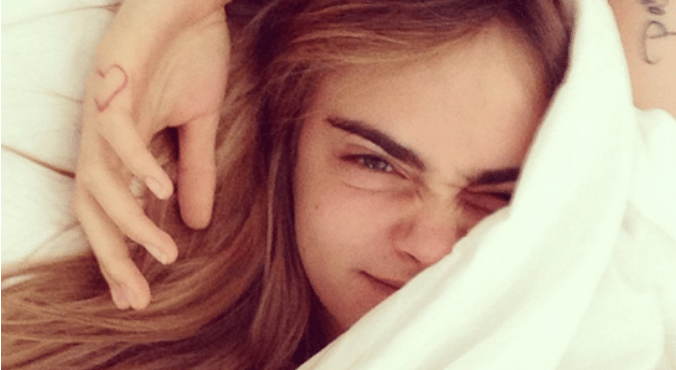
Image: Twitter.
Are you catching as many zzzzs as you should be?
If I had a dollar for every person I spoke to during the week who cried, “I’m just saaaahhhh tired”, I’d be retired in the Cayman Islands with three luxury yachts to my name.
It’s the question on everyone’s (groggy) lips: am I getting the amount of sleep my body actually needs?
Fear not, the US National Sleep Foundation is here to throw some light on your snoozing regime. In the journal Sleep Health, they’ve released a list of recommendations for how much sleep we should be getting for our age.
It’s the first time ever that science-based sleep guidelines (based on a review 312 world scientific studies on sleep) have been released. So, yeah, you might want to take heed…
The free, easy way to fall asleep (and no, it’s not counting sheep.)
- Zero to three months of age: 14 to 17 hours
- Four to 11 months of age: 12 to 15 hours
- One to two years of age: 11 to 14 hours
- Three to five years of age: 10 to 13 hours
- Six to 13 years of age: nine to 11 hours
- 14 to 17 years of age: eight to 10 hours
- 18 to 25 years of age: seven to nine hours
- 26 to 64 years of age: seven to nine hours
- 65 and older: seven to eight hours
Why pressing the snooze button is ruining your sleep.
Apart from feeling fairly envious of all two year olds (14 hours? Damn, they’ve got it good), don’t stress if your “normal” sleep pattern isn’t reflected in the above.
“Sleeping habits vary from person to person,” explains Sleep Health Foundation’s psychologist Professor Dorothy Bruck.
“If you find that you require 9 hours of sleep to feel rested, then that’s fine. If you feel you only need 6 hours sleep, that’s totally fine too. Just go with what feels right.”
Got zero idea whether you’re getting that magic amount of shut eye? This is how you can tell...
What your sleeping position says about your relationship.
“Our body clock has a natural dip after lunch. So if you’re feeling tired at that point in the day, it could be an indicator you need more sleep,” explains Professor Bruck.
So don’t despair if you wake up groggy and in need of caffeine, it’s not your morning sleepiness that’s the giveaway here.
